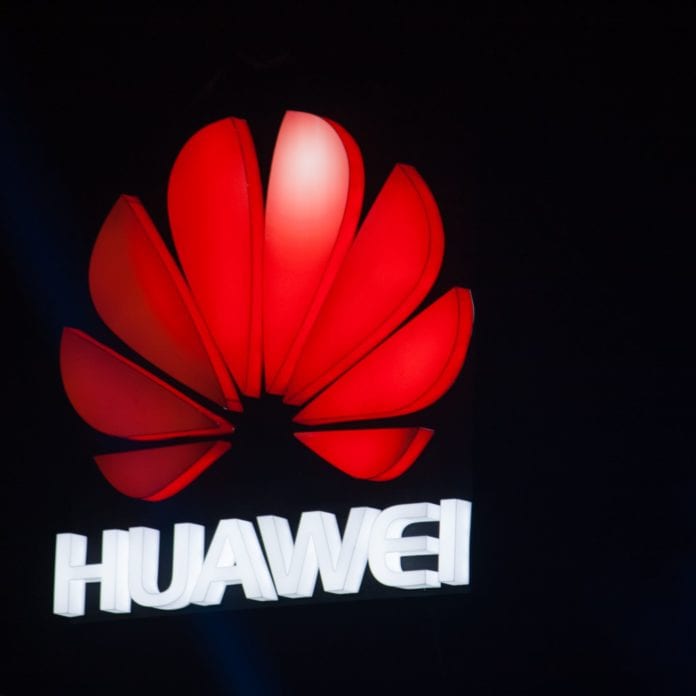German certification body TÜV SÜD greenlights Huawei’s 5G base stations
German certification body TÜV SÜD confirmed that Huawei’s 5G base stations have fulfilled with all the technical conditions required for the deployment in the European Union, Chinese state-run news agency Xinhua reported.
The Chinese vendor recently obtained a certification dubbed “Type Examination Certificate” from the German body, which will allow Huawei to ship its 5G base stations to countries within the EU. TÜV SÜD issued the EU-mandatory certificate highlighting that Huawei’s 5G New Radio products had passed its verification requirements following multiple rounds of testing and evaluation.
TÜV SÜD said that the Chinese vendor was the first company to receive an examination certificate for its 5G products in the European Union. The The body also said that the whole certification process took around two months, including testing and certification.
Huawei is currently engaged in several initiatives to test 5G technologies in Europe. In February this year, Huawei announced the completion of the first 5G trial in the city of Turin, Italy, in partnership with local operators TIM and Fastweb. The vendor said a net throughput of more than 3 Gbps was achieved using 100 megahertz of spectrum. The 5G trial also reached a spectral efficiency of 30 bits/second/hertz, which is about 7 times higher than advanced 4G technology.
Huawei and French telecommunications firm Bouygues Telecom have recently announced a partnership to trial 5G technologies in France. Under this new partnership, Bordeaux will be the first city for a 5G network trial, from single-site to multi-site coverage.
The vendor also has signed an agreement with U.K. telco BT to extend their strategic partnership, which will focus on 5G trials. The partnership involves development and live trials of 5G New Radio (NR), core network technology, and 5G customer premises equipment (CPEs).
Also in February, Huawei unveiled a full range of end-to-end (E2E) 3GPP-compliant 5G product solutions. The vendor said that firm’s new 5G portfolio covers the core network, the bearer network, base station, and terminals.
“The first wave of 5G deployment will take place in buildings and densely populated urban areas. Diverse site forms are therefore required to accommodate the needs of complex deployment scenarios, offering continuous coverage and fulfill capacity requirements of indoor and outdoor hotspots,” the vendor previously said in a statement. Huawei also said its new 5G base stations support millimeter wave, C-band, and all sub-3 GHz frequency bands. The Chinese vendor also highlighted that these products also cover all site forms including tower sites, pole sites, and small cells.
Last week, Huawei launched its 5G SingleRAN Pro, which combines 5G, 4G, 3G, and 2G capabilities across a single network.
The vendor said that the new solution features an automatic intelligent management system and a mobile cloud network architecture.
The 5G SingleRAN Pro uses a multi-Radio Access Technology baseband with a multi-band, multi-channel antenna and radio frequency unit with massive multiple-input multiple-output.
Since 2009, Huawei has invested $600 million in research and development of 5G technologies. The vendor also said that it has inked 5G partnerships with over 30 telecommunication carriers, including Vodafone, Softbank, T-Mobile, BT, Telefonica, China Mobile and China Telecom. In 2017, Huawei began testing 5G commercial networks with partners.

